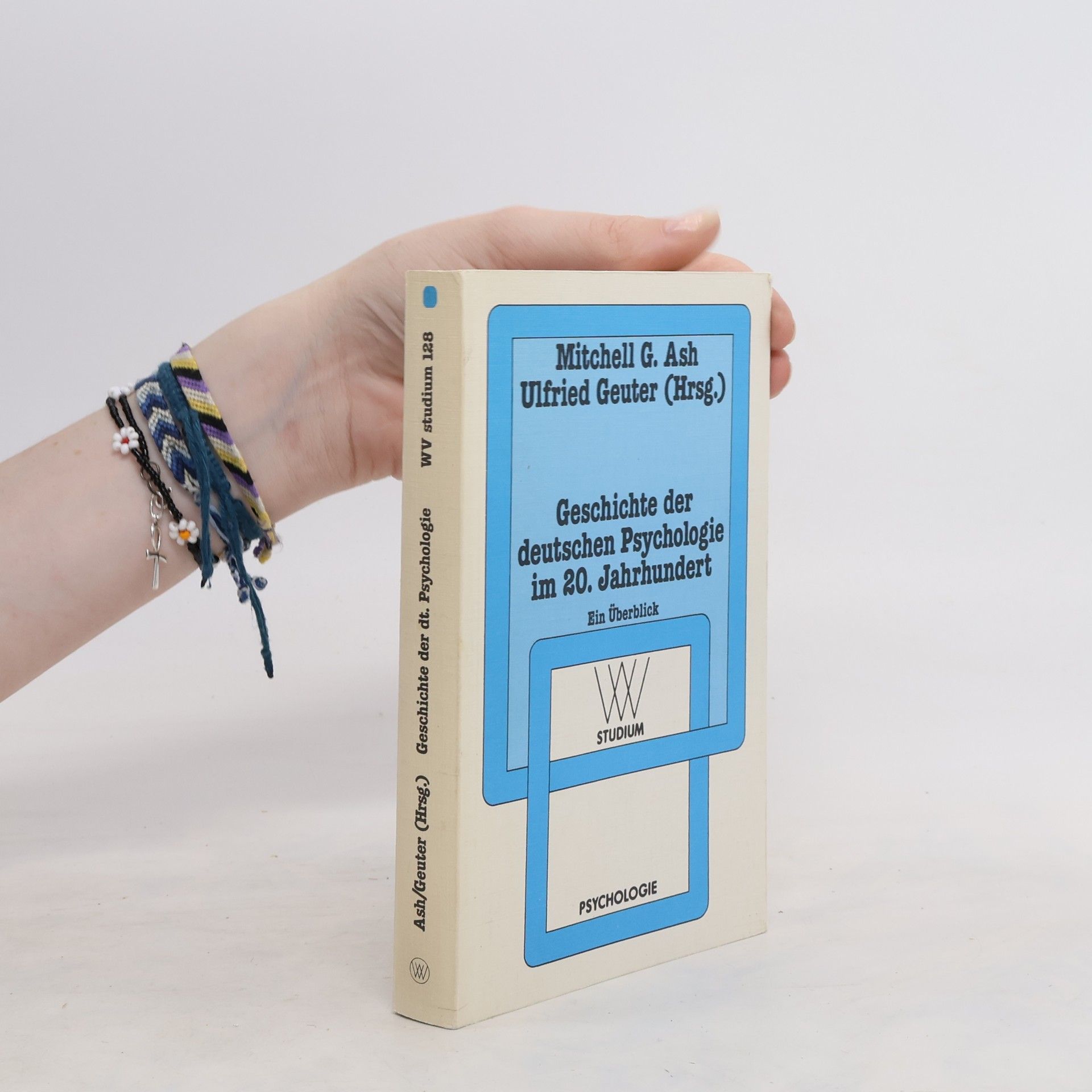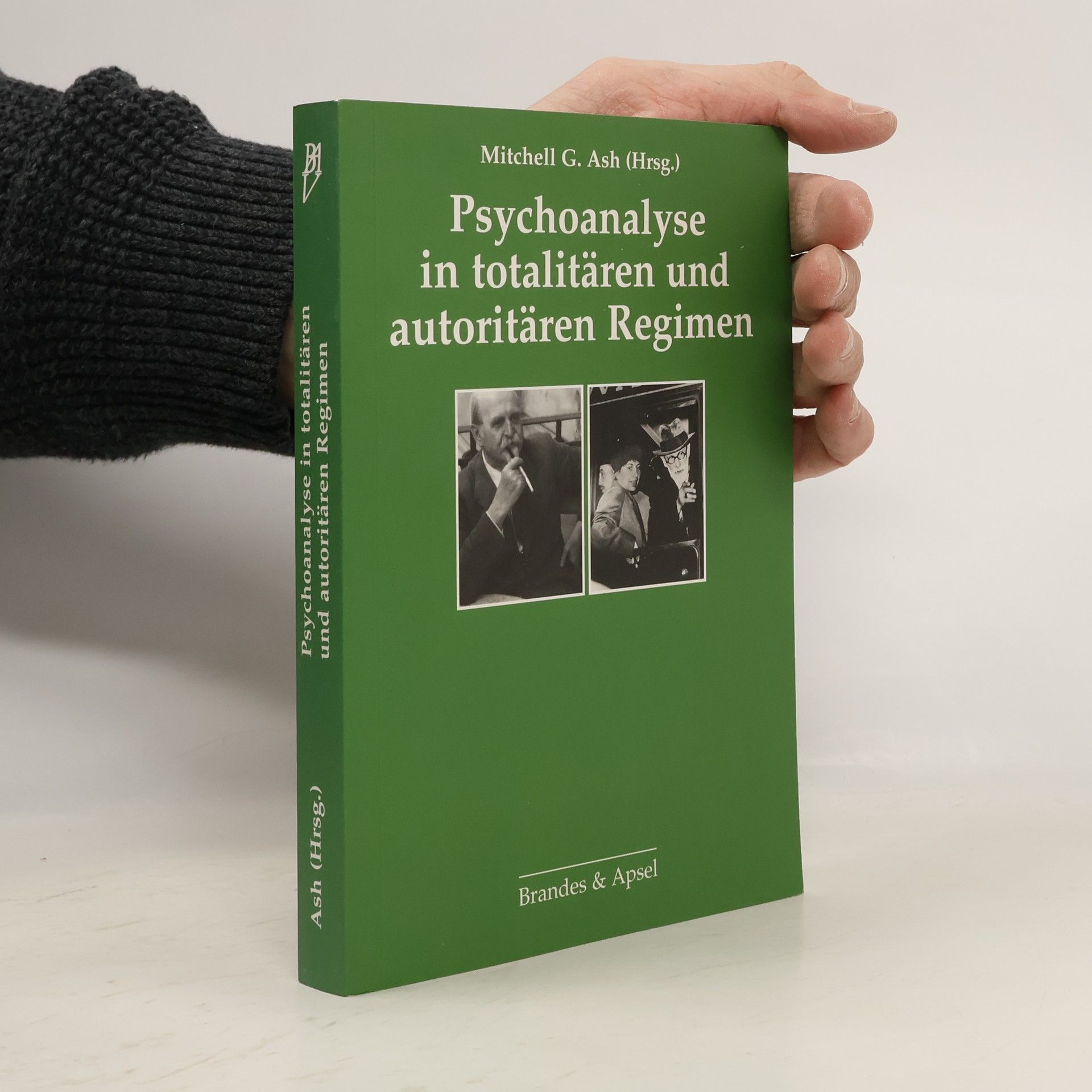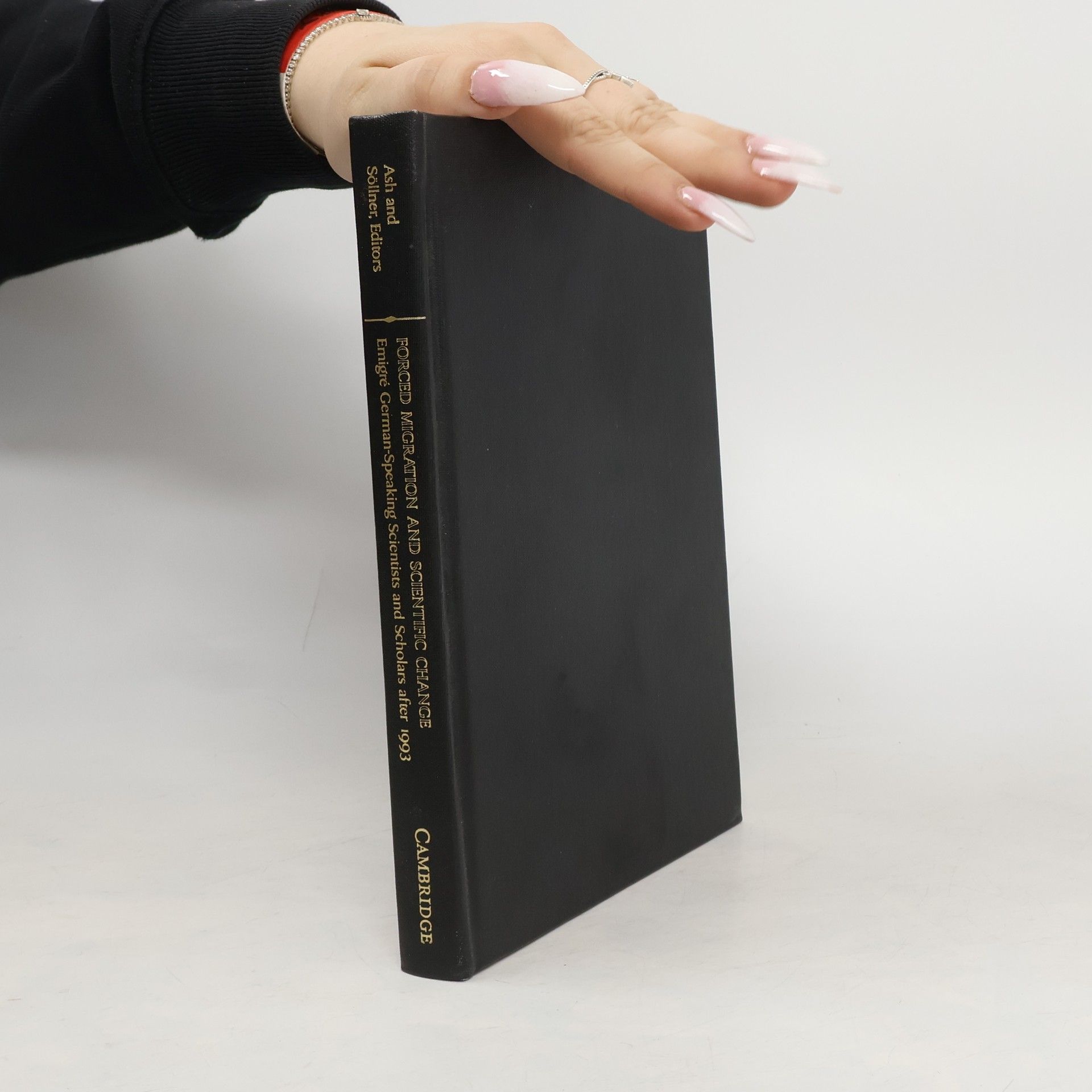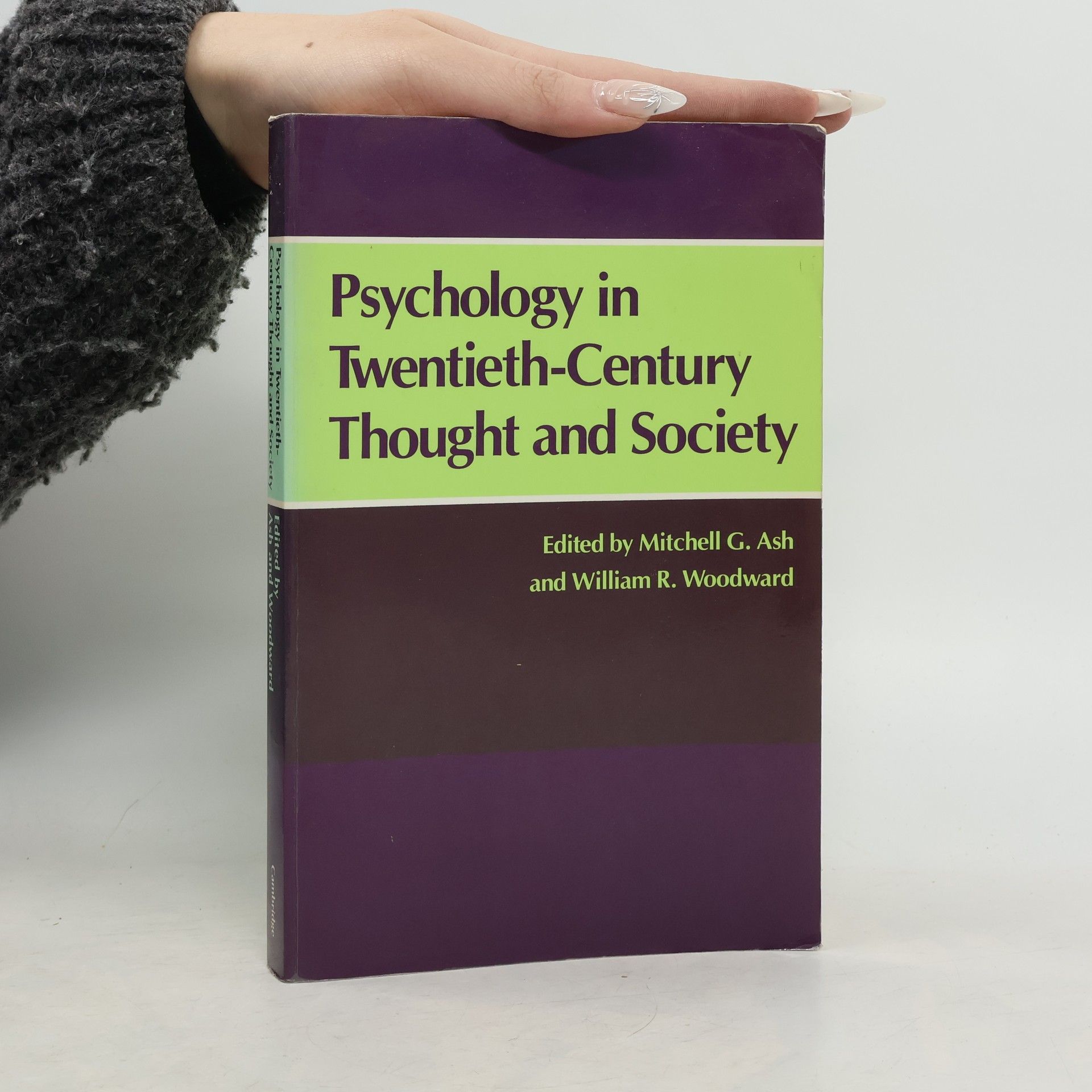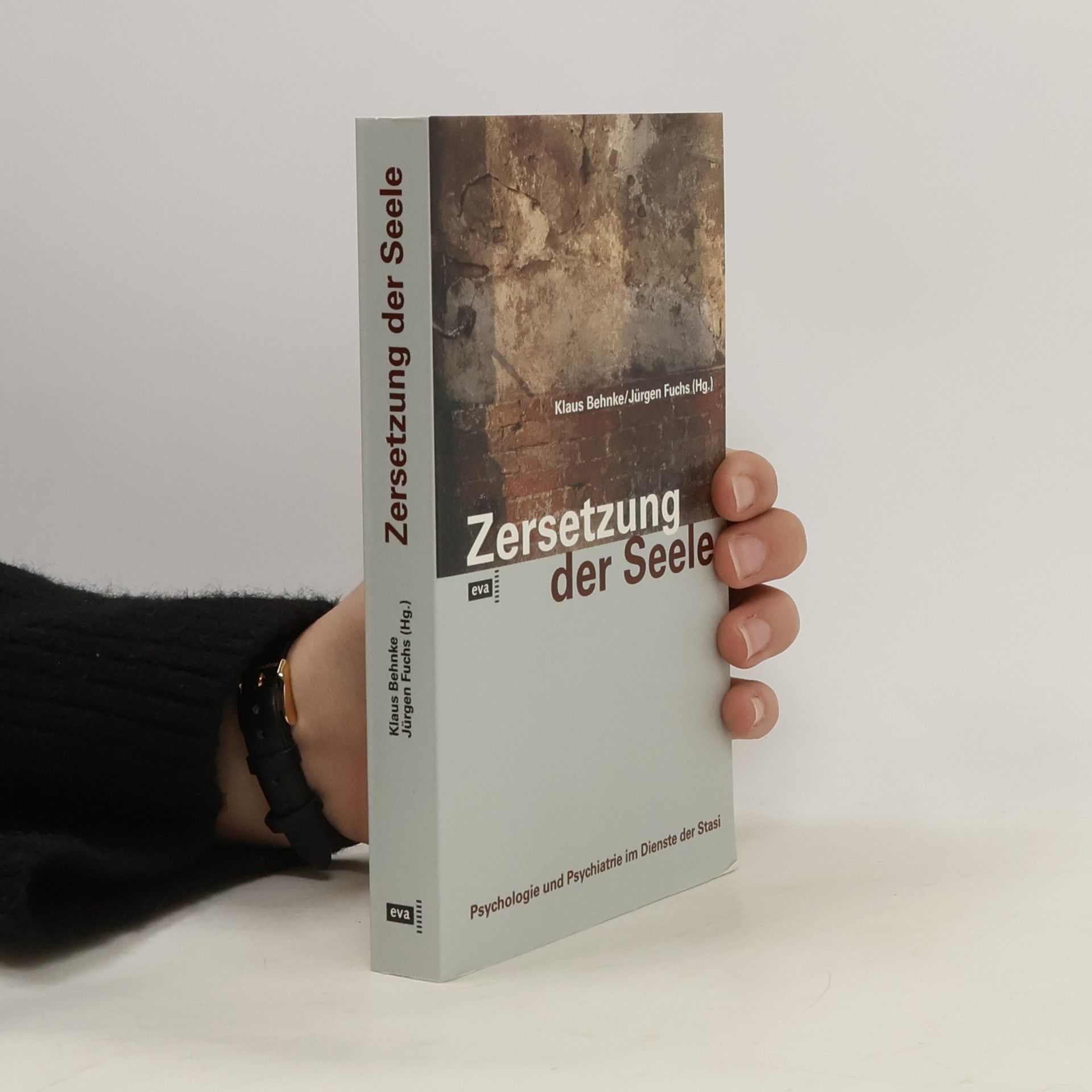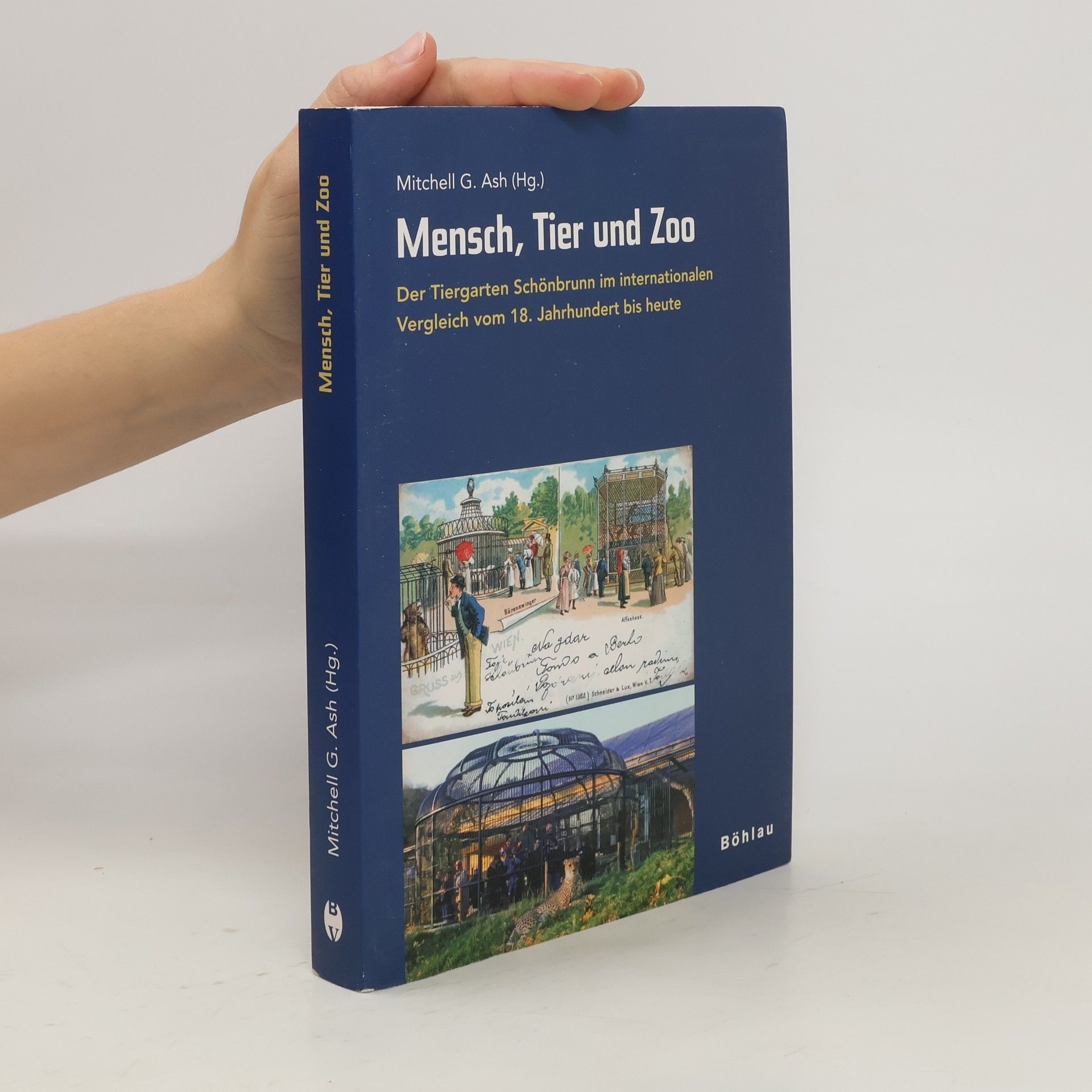Die Max-Planck-Gesellschaft im Prozess der deutschen Vereinigung 1989–2002
Eine politische Wissenschaftsgeschichte
- 394 pages
- 14 hours of reading
Das Jahr 1990 markiert eine epochale Wende in der Geschichte der Max-Planck-Gesellschaft. Die Leitung der MPG nahm an der Gestaltung der Wissenschaftspolitik der deutschen Vereinigung zugunsten der Ausweitung des bundesdeutschen Wissenschaftssystems in den Osten aktiv teil. Danach kam es zu einer einmaligen Expansion im Osten unter geringer Beteiligung ostdeutscher Wissenschaftler: innen und auch zu präzedenzlosen Kürzungen im Westen. Mitchell G. Ash analysiert die Geschichte der Max-Planck-Gesellschaft im Prozess der deutschen Vereinigung als Beispiel des Zusammenspiels von Wissenschaft und Politik als Ressourcen füreinander in politischen Umbruchzeiten.
